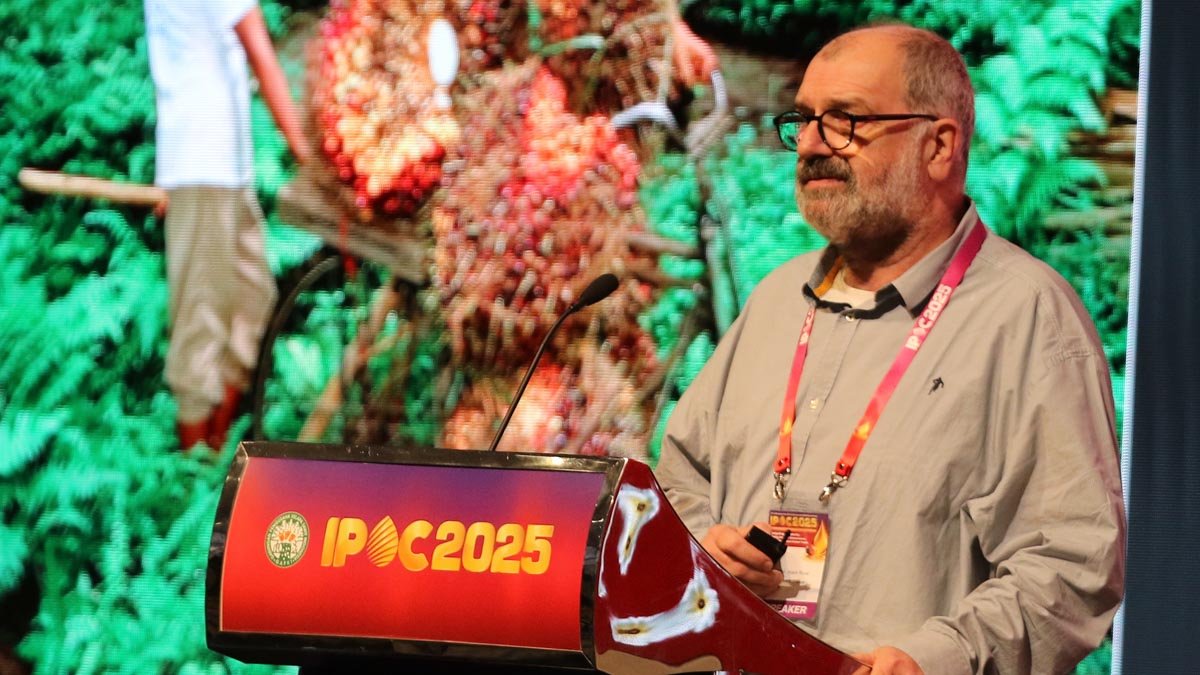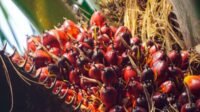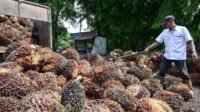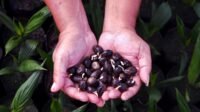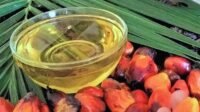PALMOILMAGAZINE, BALI — In his presentation at the Indonesian Conference on Palm Oil (ICOP) 2025), Alain Rival, Senior Project Manager CIRAD, emphasized that palm oil plays an irreplaceable role in the global food system. Today, palm oil accounts for 35% of the world’s vegetable oil supply, despite using less than 10% of the total land allocated for all oil-producing crops. In terms of efficiency, palm oil remains the most productive crop: producing one ton of oil requires only 0.26 hectares—significantly less than rapeseed (1.25 ha), sunflower (1.43 ha), or soybean (2 ha).
However, the rapid expansion of the palm oil industry has brought significant consequences. Between 2000 and 2020, global plantation area more than doubled, from 13.9 million hectares to 28.4 million hectares. According to Rival, this growth stems from rising industrial demand, yet it also increases pressure on the environment and land governance.
Technology Transformation as a Future Imperative
Speaking at ICOP 2025, Rival underscored the importance of digital transformation as the foundation for the industry’s future. The use of drones, the Internet of Things (IoT), and artificial intelligence (AI) can boost farm efficiency, improve monitoring, and reduce yield losses.
Yet adoption remains uneven. Only 25% of smallholders, particularly women and rural farmers, currently use digital tools. They face obstacles such as limited connectivity, high costs, and low digital literacy. “If this gap is not addressed, productivity disparities will continue to widen,” Rival warned.
Markets Still Struggling with Uncertainty
Rival explained that global palm oil markets continue to face price volatility influenced by three major factors: Biodiesel policies, which strengthen domestic demand. Extreme weather events, such as El Niño, which reduce fresh fruit bunch (FFB) output, and Currency fluctuations, which affect export competitiveness.
Another concern is the low level of sustainability certification. Only 17% of smallholder plantations are certified, highlighting the need for systemic improvements in access to sustainability standards. Rival also pointed out persistent gender inequality—women own less than 15% of agricultural land—while high numbers of migrant workers often lack adequate protection and working conditions.
A Complex and Uneven Supply Chain
Rival noted that the palm oil supply chain remains structurally complex due to fragmented smallholder production and uneven land ownership. “Around 2,000 mills source FFB from smallholders, making fruit mixing common,” he explained.
Certification costs also pose a significant challenge. Large plantations spend approximately USD 8–10 per ton, mid-sized estates USD 15–20 per ton, while smallholders bear the highest burden at USD 30–40 per ton. Even so, certified palm oil can earn a 3–8% price premium, providing economic incentives for producers who meet sustainability standards.
Rival added that inclusive farmer cooperatives could be a key solution. When cooperatives manage certification and marketing collectively, member incomes can rise by 15–20%.
Toward a More Adaptive Palm Oil Industry
Closing his ICOP 2025 presentation, Alain Rival stressed that adaptation is essential for the long-term sustainability of the palm oil sector. Technology adoption must be accompanied by stronger smallholder capacity-building, financial support, and more transparent supply chain governance.
“This industry has enormous potential to grow more inclusive and sustainable,” Rival said. “But to achieve that, every actor—from farmers and companies to policymakers—must be willing to adapt to change.”
With the right approach, palm oil will not only remain competitive in global markets but also deliver economic and social benefits to millions of smallholder families across producing countries.
Don’t miss out! Stay up to date with the latest IPOC 2025 news at Palmoilmagazine.com. (P3)

